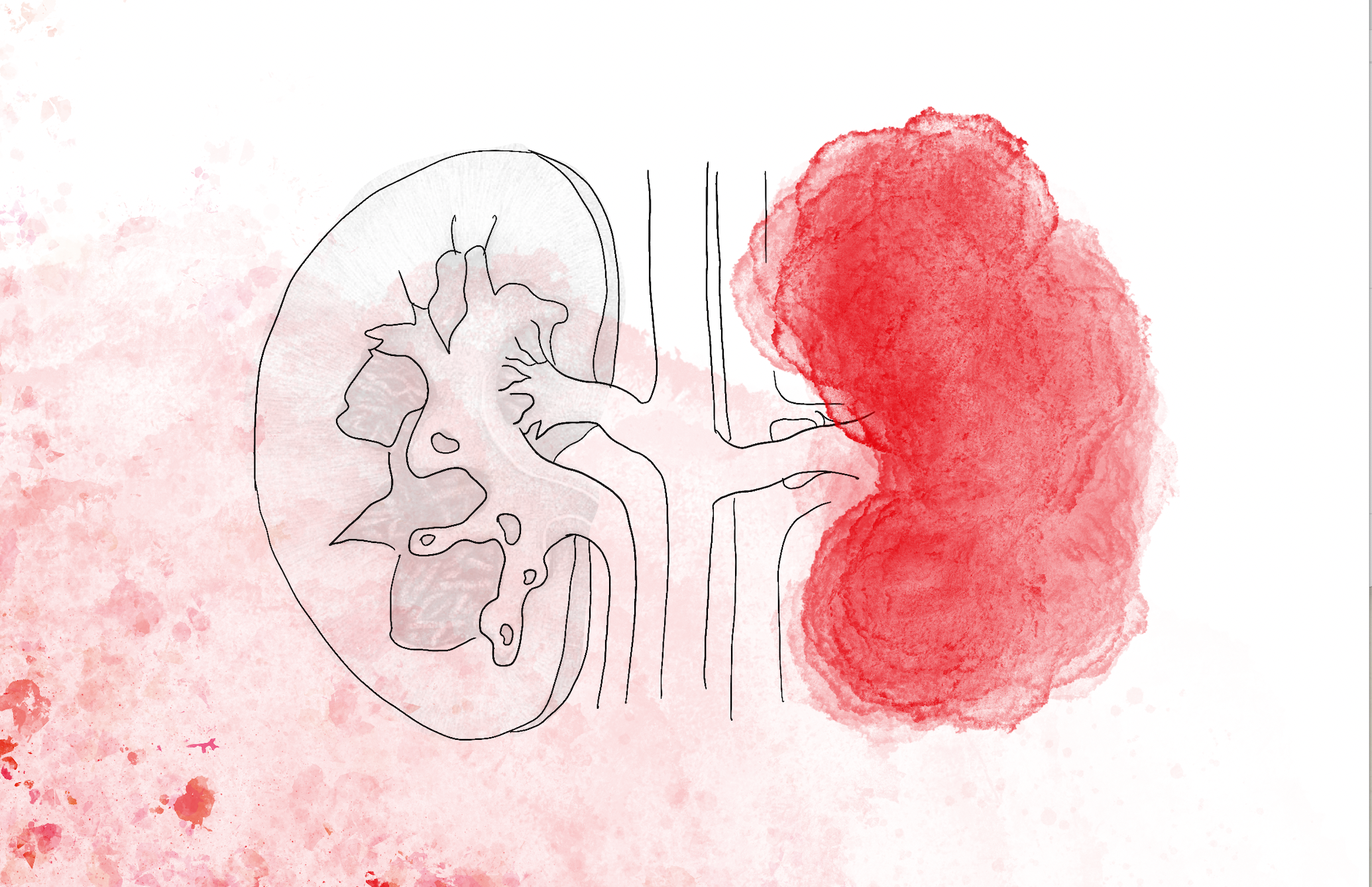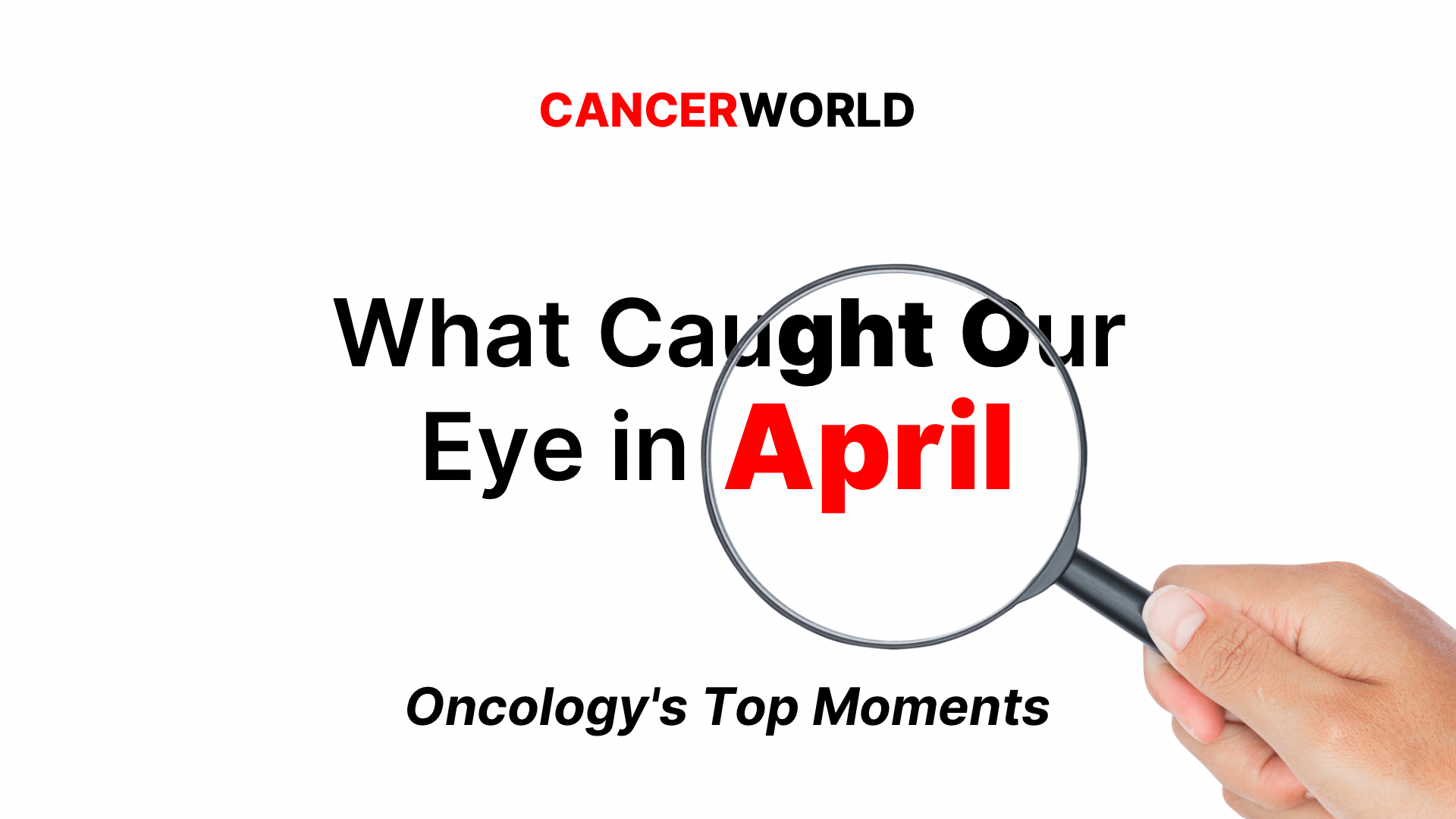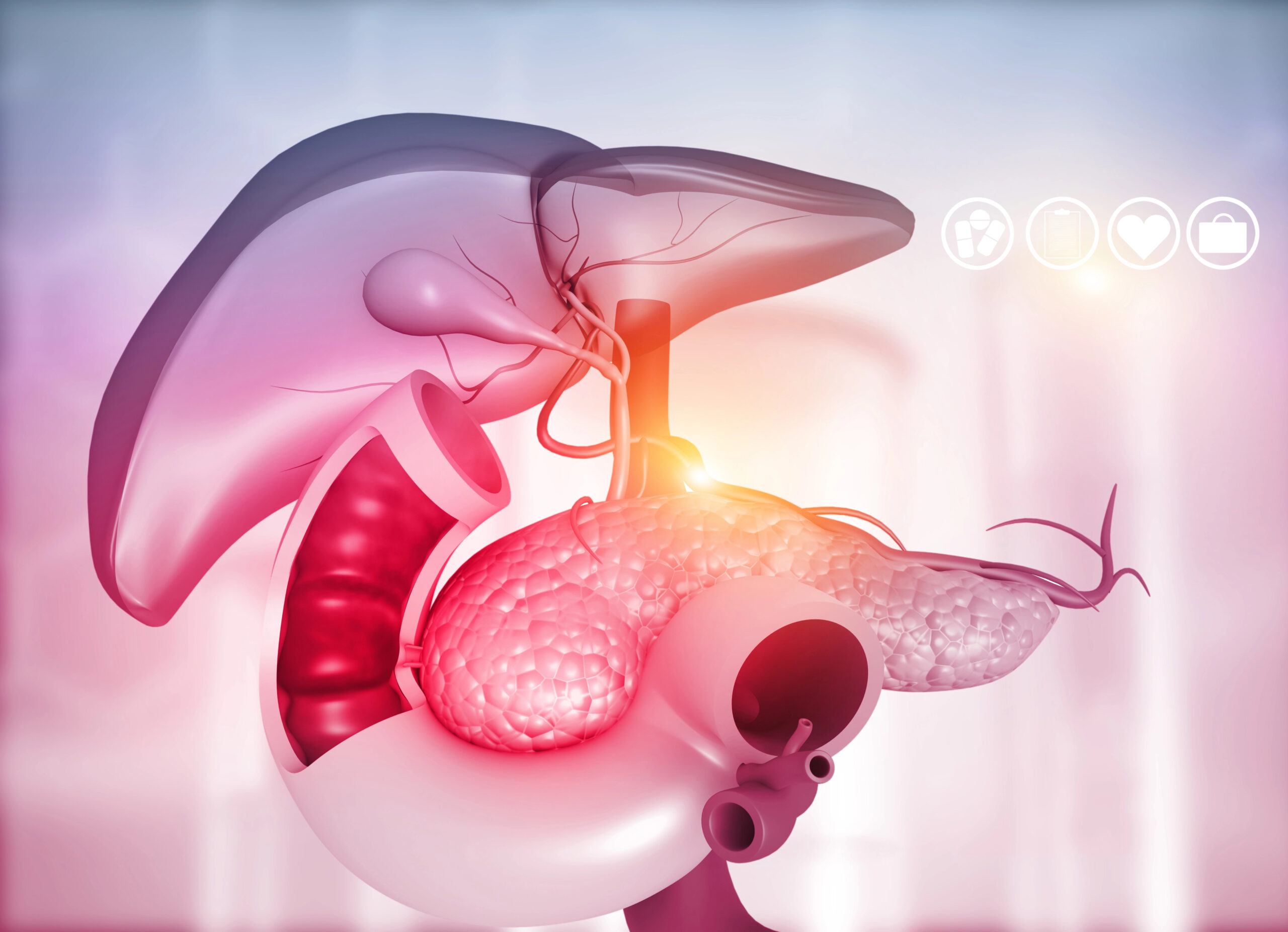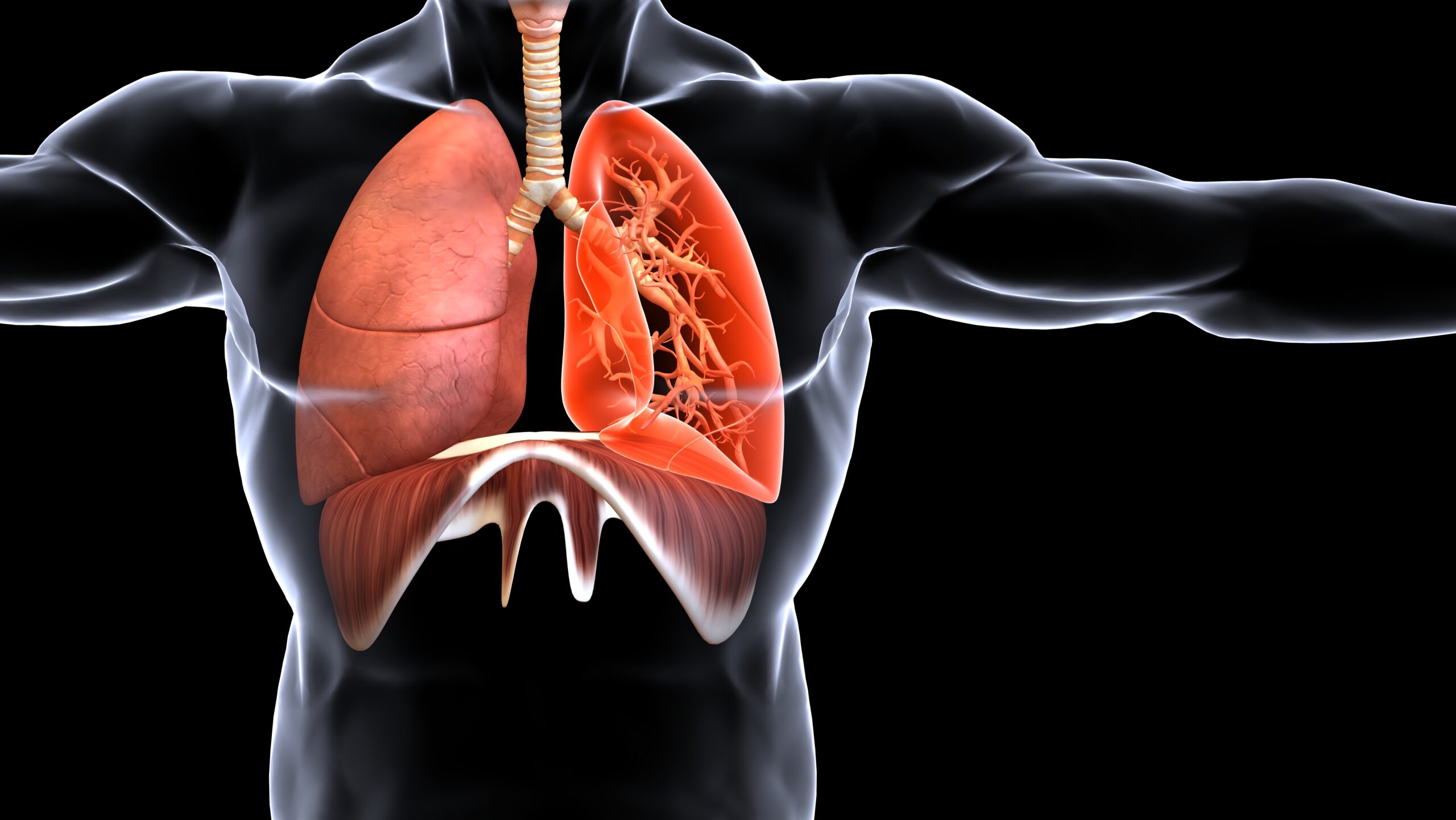News
Personalised neoantigen vaccine for kidney cancer shows promise in phase 1 study
Personalised neoantigen cancer vaccines (both with and without ipilimumab) elicited anticancer immune responses in nine patients with fully resected clear cell renal cell carcinoma. The investigator-initiated phase 1 trial, published in Nature, February 5 2025, observed no recurrences at a…
What Caught Our Eye in April: Oncology’s Top Moments
April 2025 marked a significant month in oncology, with notable advancements in cancer treatment and research. Here’s a summary of the most compelling studies and recent breakthroughs that caught our eye this month. Popular CT scans could account for 5%…
CancerWorld #102 (April 2025)
The People Behind the Progress in Oncology is science. But it is also stories. It is policy. It is power. It is knowledge. It is culture. It is trust. And above all, it’s personal. This is the lens through which…
What Caught Our Eye in March: Oncology’s Top Moments
March saw the publication of several important studies in oncology, shedding new light on cancer treatment and care. Here’s a roundup of the key studies on recent discoveries and breakthroughs that grabbed our attention this month. Small device, big impact:…
Ovarian cancer: mechanism conferring resistance to immunotherapy revealed
The presence of flagella, the propellers bacteria use to move, explains why immune checkpoint inhibitors do not work in patients with ovarian cancer. The study, published in Cancer Immunology Research, 11 February, suggests that immune cell recognition of bacterial flagella,…
Muscular strength and cardiorespiratory fitness improve survival in cancer patients
Muscular strength and cardiorespiratory fitness are linked to a significantly lower risk of death from any cause and cancer-specific mortality in patients diagnosed with cancer. The meta-analysis, published online in the British Journal of Sports Medicine, 21st January, found a…
CancerWorld #101 (February 2025): The Must-Read Oncology Issue Returns to Print with Exclusive Interviews and Breakthroughs
After transitioning to a fully digital format in 2022, CancerWorld is making a highly anticipated return to print with its February 2025 issue. This edition delivers in-depth analysis, expert perspectives, and the latest advancements in cancer research, policy, and treatment.…
Low-dose aspirin reduces colorectal cancer recurrence in patients with PI3K alterations
Taking adjuvant low-dose aspirin daily for three years reduced recurrence of colorectal cancer by 55% in patients with somatic alterations in PI3K signalling compared to those taking placebo. The results of the ALASCCA study, presented at the 2025 ASCO Gastrointestinal…
MRI technique can identify pre-malignant pancreatic lesions
Diffusion tensor imaging (DTI), a form of MRI, is capable of detecting pre-malignant lesions in both mouse and human pancreatic specimens. The ‘proof of concept’ study, published in Investigative Radiology, 13 December 2024, opens the way to use DTI for…
Key link identified in mechanism promoting lung metastases from breast cancer
The amino acid aspartate has been found to function as an extracellular signalling molecule to promote lung metastases in breast cancer. The study, published in Nature, 1 January, which was undertaken in mice and postmortem human tissue, showed evidence for…










